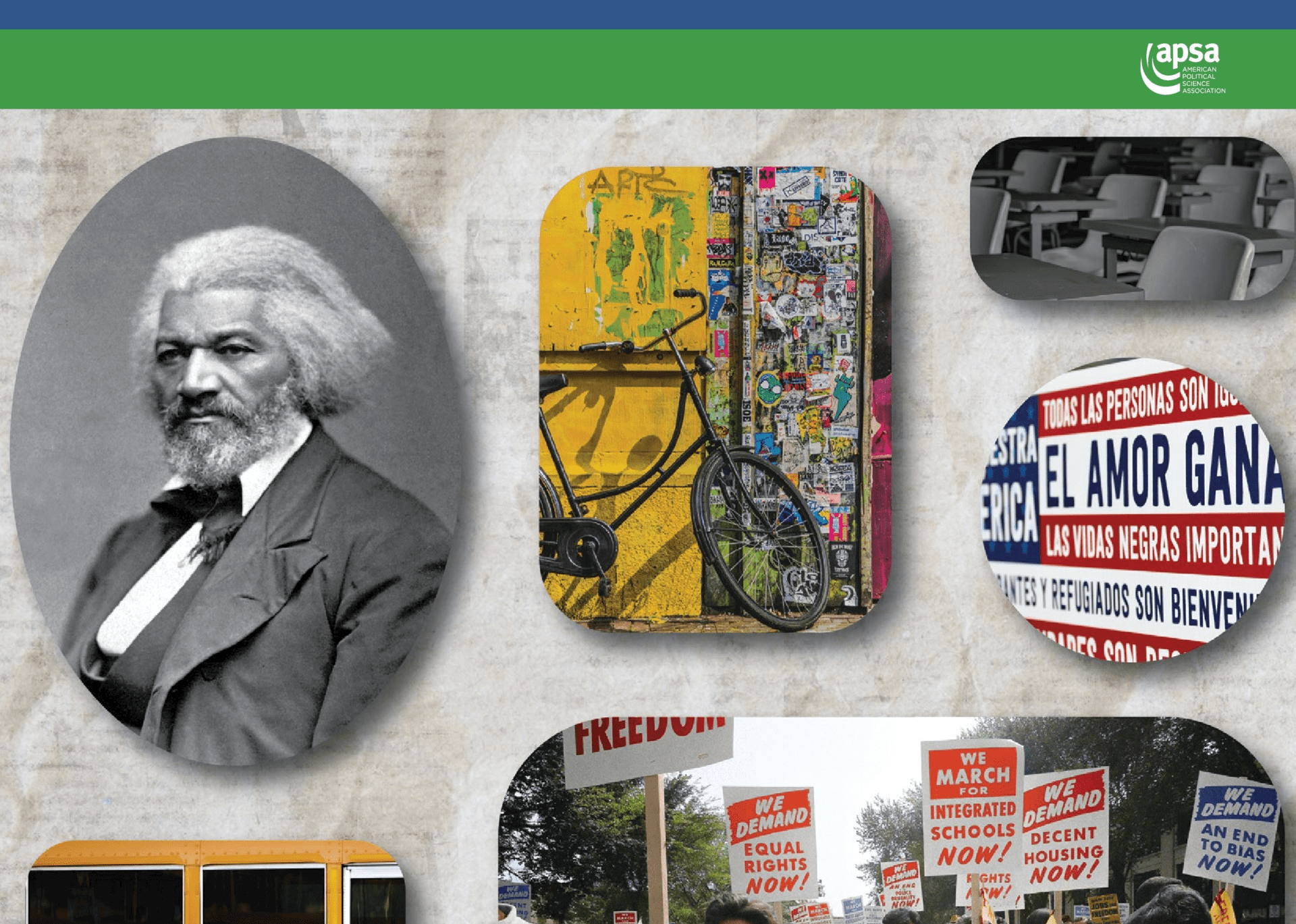(American Political Science Review) When international conflict causes an authoritarian leader’s popularity to soar, extant theories lead us to treat such “rallying” as sincere preference change, the product of surging patriotism or cowed media. This study advances a theory of less-than-fully sincere rallying more appropriate for nondemocratic settings, characterizing it as at least partly reflecting cascading dissembling driven by social desirability concerns. The identification strategy combines a rare nationally representative rally-spanning panel survey with a list experiment and econometric analysis. This establishes that three quarters of those who rallied to Putin after Russia annexed Crimea were engaging in at least some form of dissembling and that this rallying developed as a rapid cascade, with social media joining television in fueling perceptions this was socially desirable.
Read More © American Political Science Review











